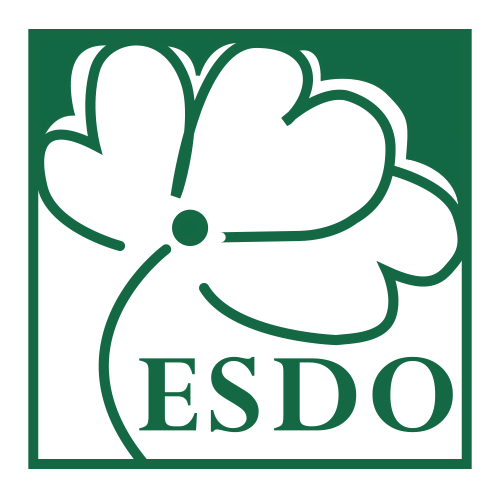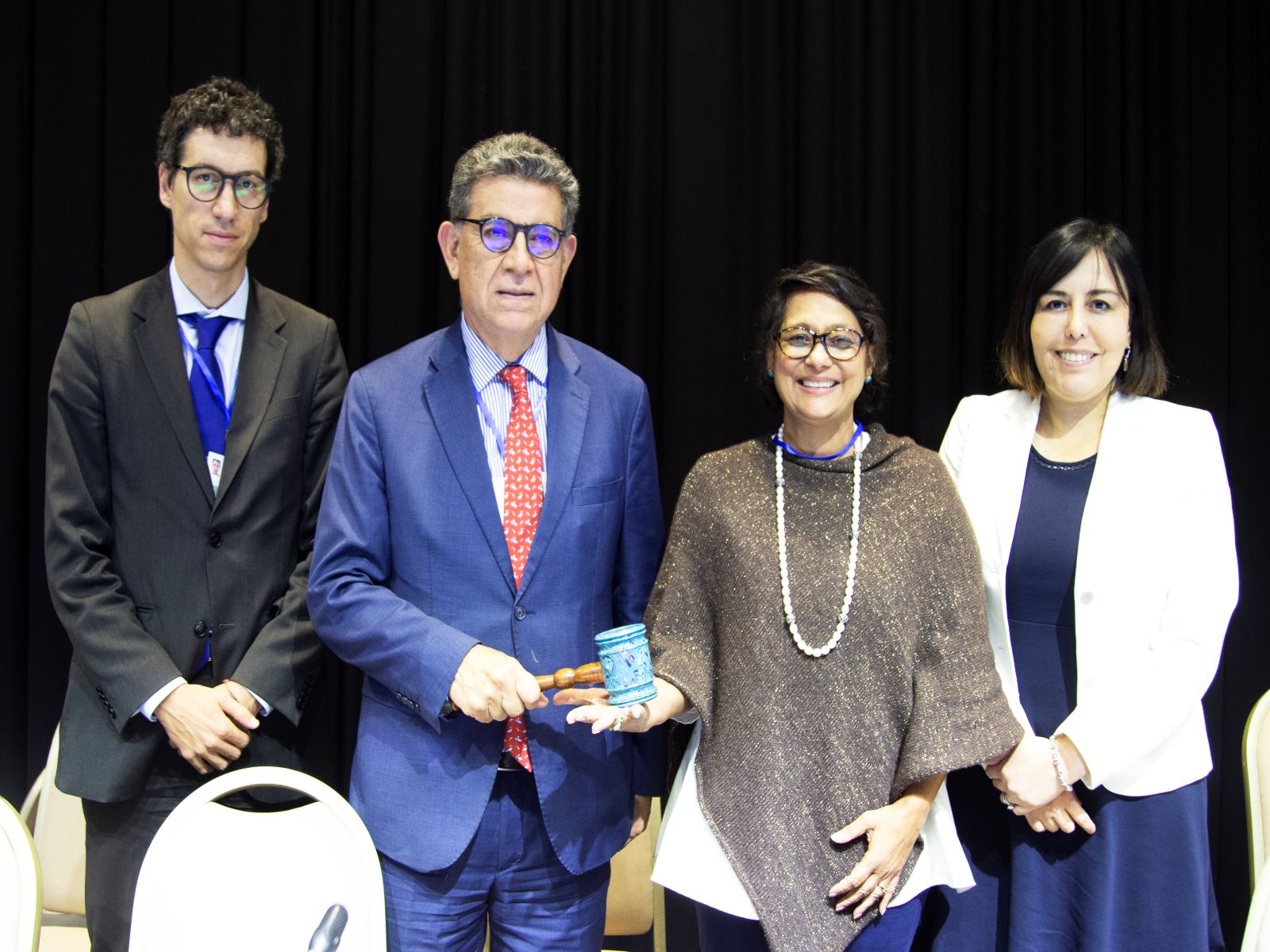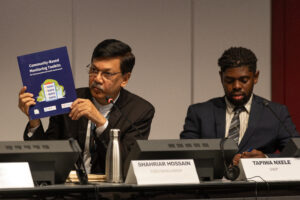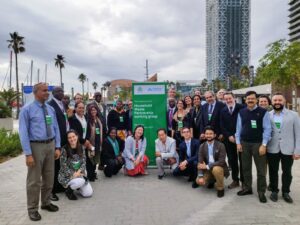From November 28 to December 2, 2022, the Punta del Este Convention and Exhibition Center in Uruguay hosted the inaugural session of the INC, which will work to create a global, legally binding instrument on plastic pollution, especially that which affects the marine environment.
The Multi-Stakeholder Forum, in conjunction with the first meeting of the Intergovernmental Negotiating Committee (INC-1) to develop an international legally binding instrument (ILBI) on plastic pollution, including in the marine environment, convened online and in Punta del Este, Uruguay, on Saturday, 26 November 2022. It brought together hundreds of stakeholders from civil society, the private sector, government, and academia, with participants engaging in panel and roundtable discussions throughout the day. The results of these discussions are set to be presented to the INC on Tuesday, 29 November 2022.
Highlights of this Multi-Stakeholder Forum-
Adrián Pea, Uruguay’s minister of the environment, emphasized in his introductory remarks that plastics are one of the most notable examples of unsustainable manufacturing and consumption, of “use and throw away,” with negative effects on both human health and the environment. He also highlighted the necessity of a paradigm shift to stop the unchecked manufacture of plastics and address their growing and careless use in his opening speech.
Jyoti Mathur-Filipp, Executive Secretary, Plastic Pollution INC Secretariat, highlighted the importance of the active and constructive engagement of all stakeholders for an ambitious and meaningful outcome of the INC process and noted that a higher level of innovation is required in order to open new pathways for novel, inclusive, and networked multilateralism to give a broader set of stakeholders a voice in the process.
Participants met for two roundtable discussions addressing multi-stakeholder action and initiatives to reduce plastic pollution throughout the lifecycle of plastics. Participants gathered in three discussion tracks for the first round of roundtables, which focused on:
- eliminating and designing for circularity;
- circularity in practice; and
- waste minimization and remediation.
They also engaged in a roundtable session on the objectives, scope and structure of the multi-stakeholder action agenda.
During the reporting back from the roundtable discussions, Bethanie Carney Almroth, University of Gothenburg, reported on the group’s discussions, noting the calls to define terms like “toxic,” “circularity” and others. She also put emphasis on the need for financing, including through Extended Producer Responsibility (EPR) schemes, as well as addressing capacity needs.
Moderator Willemijn Peeters, founder of Searious Business, summarized the online forum discussions on all three roundtable topics, emphasizing the following points: the significance of monitoring and tracking, with precise, measurable, and verifiable targets; the need for consumer behavior changes; the need for a comprehensive approach to plastic pollution; the participation of small island developing states, coastal communities, the Global South, children, and youth; and the need for transparency and accountability; closed loops and caps on production; controls on waste exporting; fit-for-purpose infrastructure; taxation on virgin plastics and burning; EPR; bans on unrecyclable and single-use plastics; and harmonized design and reuse of plastics.
On behalf of ESDO, Dr. Shahriar Hossain, Secretary-General of ESDO, and Siddika Sultana, Executive Director of ESDO, joined this session.



